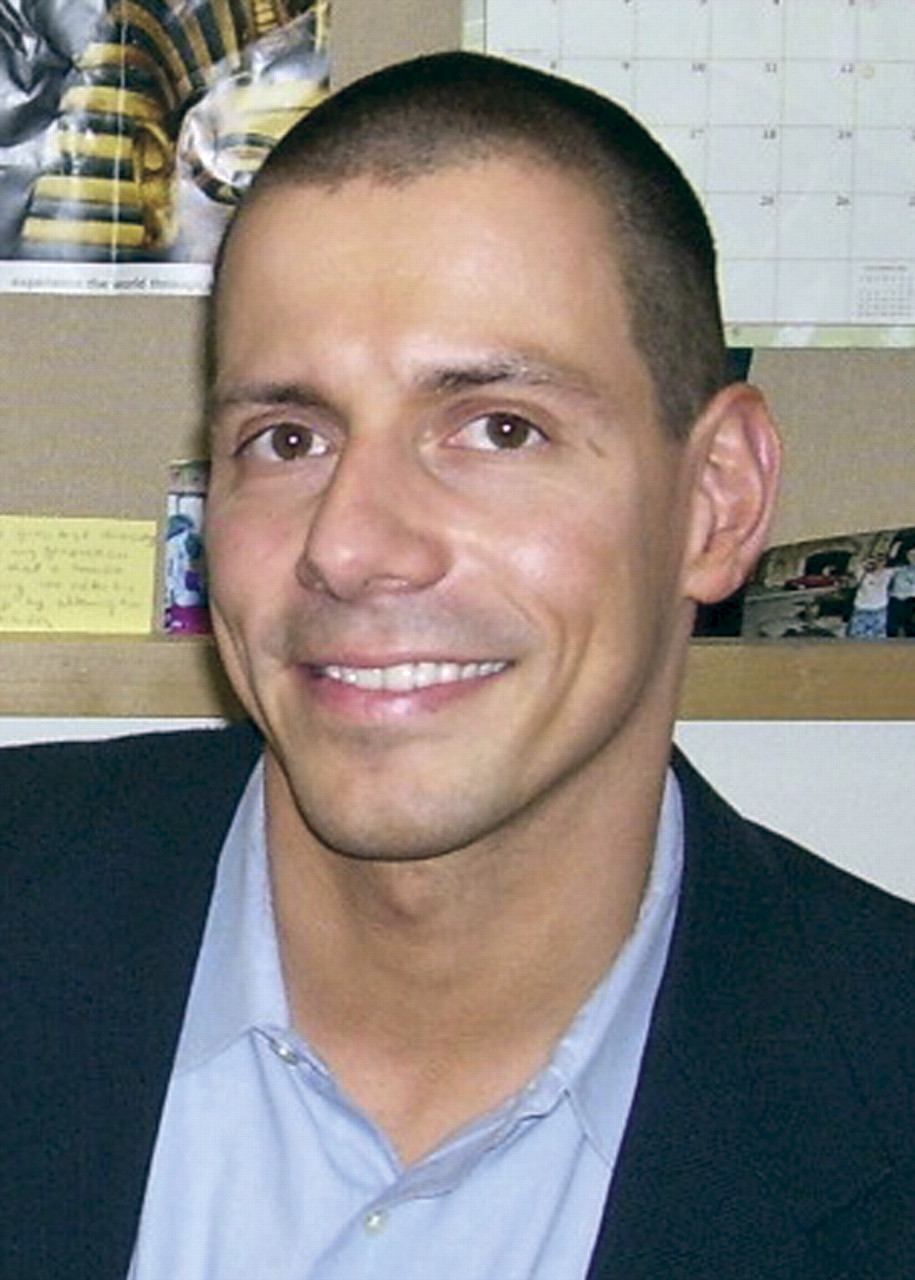“Freudian” might be the last way one might describe a recovery-based mental health program that encourages clinicians to be themselves with patients.
But one might be wrong—at least in part.
“Mental health was described by Sigmund Freud as the ability to work and love,” said Markus Horvath, M.D., a staff psychiatrist at the Village Integrated Services Agency in Long Beach, Calif., in an interview with Psychiatric News. “Some consider play an integral part of mental health as well.”
He said that as far as those parameters are concerned, “I think the Village contributes significantly to our members' mental health.”
Horvath noted that Village services have enabled hundreds of its members to find jobs in the community and establish meaningful relationships with others.
A number of his patients take college courses or work at jobs in the community and refuse to be sidelined by psychotic symptoms or other mental health problems.
Horvath described one of his patients as a “voracious reader” and encouraged her to sign up for college courses. She maintains a 4.0 grade point average despite hearing voices in class, he noted, and is permitted by her professors to wear a Walkman when the voices get too loud.
Another Village member with schizophrenia under Horvath's care hallucinates“ despite multiple medications at high dosages,” yet is able to take college courses and hold down a part-time job on the side.
One of the aspects that Horvath appreciates about his work with Village members is that he isn't constrained to “traditional” models of relating to patients, in which psychiatrists “construct barriers between themselves and their patients.”
Such models “create the illusion that we are very different from everyone else and that our lives are hunky dory,” he said.
Horvath said he believes that when he and other clinicians reveal aspects of themselves to members, “we have much more credibility with them.”
Some Village staff know too well the problems members have—being homeless, perhaps, or addicted to drugs. “Their lives were a terrible mess, and now they are working and helping others,” Horvath said.“ This creates hope for our members that anything is possible.”
Jay, one of the Village members, told Psychiatric News that the help he received at the Village enabled him to overcome an addiction to heroin and several other drugs, as well as to learn how to manage the symptoms of his mental illness. He is now living independently and taking a class at a local college.
“I want to be a drug and alcohol counselor,” he said. “I can speak from experience.”

